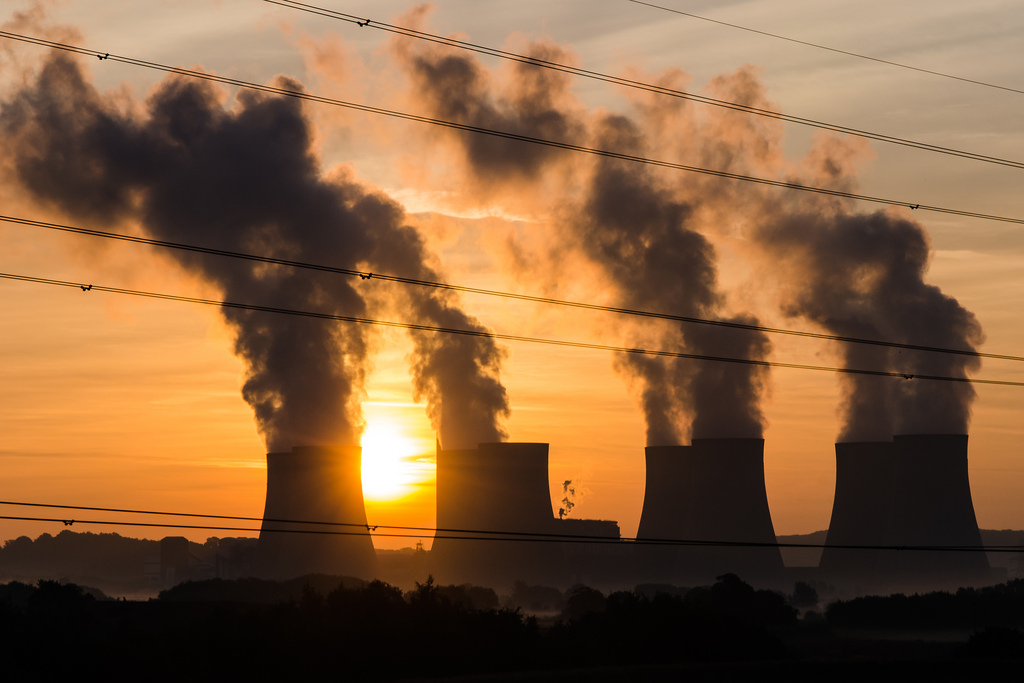by Amy Ward
LLM, Columbia Law School
New working paper available for download.
Carbon Capture and Sequestration (CCS) is considered in many circles a critical technological development that may make a significant contribution to future climate change mitigation efforts by reducing CO2 emissions from coal-fired power plants. China is implementing CCS ‘demonstration plants’ to establish the safety and effectiveness of the various components of CCS technology in reducing CO2 emissions, and to determine the costs of CCS deployment, as a precursor to commercial-scale demonstration. Current CCS demonstration projects in China are focused on the initial ‘capture’ phase of the CCS technological process.
Various US stakeholders, including the Federal Government, academia, civil society and the private sector are increasingly becoming involved in the expansion of CCS demonstration projects in China by facilitating investment and CCS technology transfer. The Federal Government’s CCS collaboration with China is coordinated through the US-China Clean Energy Research Center (CERC), established by President Barack Obama and President Hu Jintao in November 2009. In the private sector, Duke Energy and Peabody Energy have both become increasingly active in collaborating with their Chinese counterparts on CCS demonstration projects.
This working paper (PDF) provides an overview of the rationale for the increasing involvement of US stakeholders in Chinese CCS demonstration projects, and analyzes some of the more significant legal, political and economic implications for US investors and technological proprietors. These include the protection and enforcement of US and joint intellectual property (IP) in the context of existing Chinese obligations under domestic and international IP law, existing and potential sources of investment in Chinese CCS projects (including the CDM), and the Chinese regulatory implications of hosting CCS demonstration projects.
It remains to be seen whether, after a necessary research and demonstration period, the economics of CCS technology will be sufficiently attractive to secure its place in contributing to US and Chinese energy security and CO2 mitigation efforts. Even in a future carbon-constrained regulatory environment, renewable energy technologies may ultimately prove economically more attractive and environmentally sound than CCS.
Associate Director and Fellow, Center for Climate Change Law




